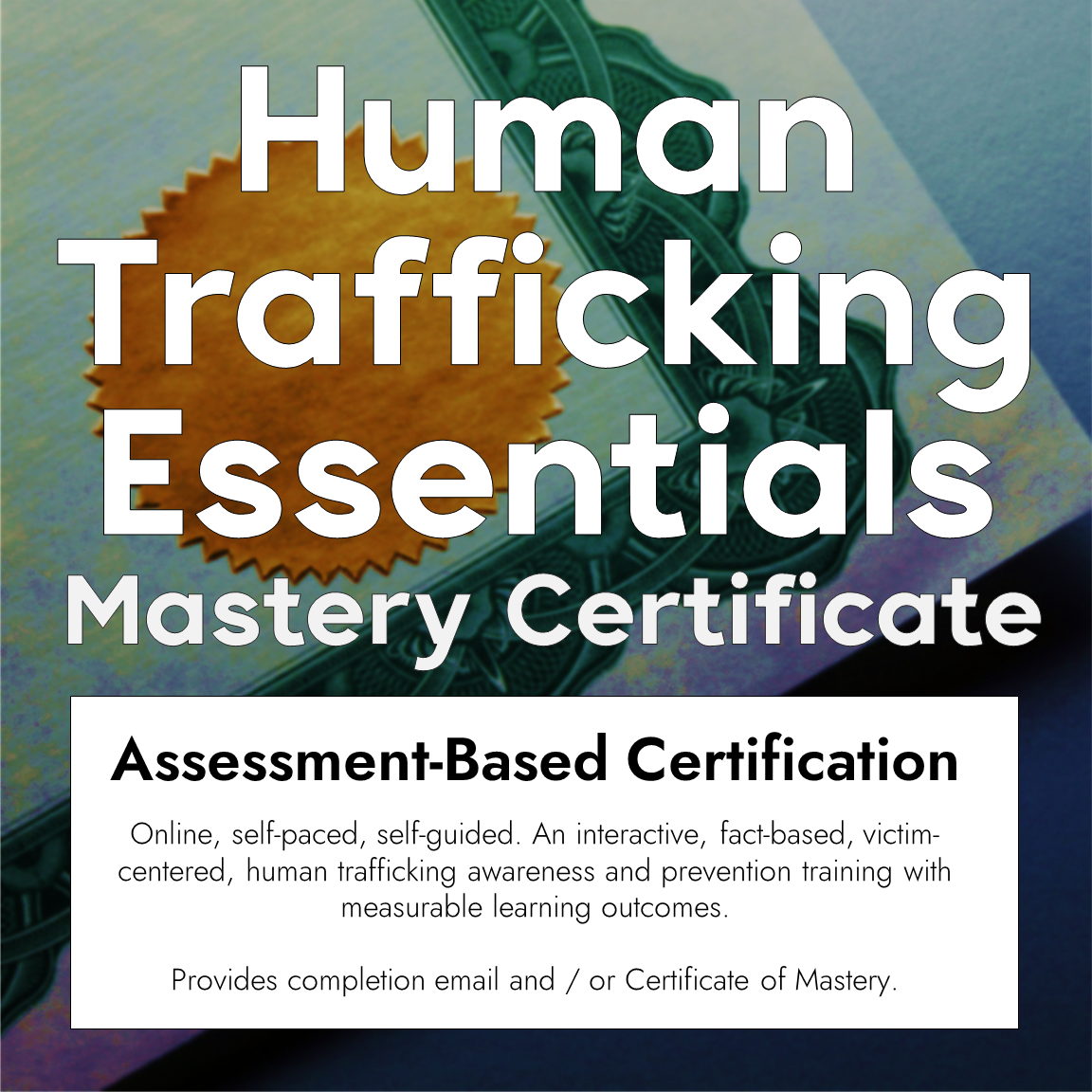The Resurgence of Slavery in Pakistan: Implications of Climate Change
The devastating floods that hit Pakistan last summer continue to have a lasting impact on farming families in rural Sindh and the Kacchi Plains of Balochistan. Despite six months passing since the floods, many fields remain underwater, and the soil is too damaged for planting seeds. The small tenant farmers, who are already burdened with debt, are now also concerned about their freedom and liberty.
Pakistan has attempted to address the issue of modern slavery, but climate change exacerbates the problem. The economic relationship between sharecroppers and small farmers, and landlords and local merchants, coupled with mounting personal debt, contributes to the most egregious abuses. In Punjab, sharecropping has decreased significantly, but it still persists in rural Sindh and Balochistan.
Tenant farmers often borrow money to cover the expenses of a crop cycle, as they do not have collateral or identity documentation required by microfinance banks. Instead, they opt for informal arrangements with landlords or local moneylenders. The landlords and sharecroppers divide the costs of cropping, with the former providing credit for seeds, fertilizers, and other inputs. The farmer then repays the landlord from the profits of the harvest. However, if the income is insufficient, the debt is carried over to the next harvest, creating a never-ending cycle of debt that is passed down through generations.
Powerful landlords sometimes even detain farmers in private prisons until their debts are repaid through unpaid labor, with little to no intervention from the authorities. It is estimated that over three million Pakistanis are trapped in debt bondage.
Small farmers face the risk of losing their land to local merchants and moneylenders who charge exorbitant interest rates of up to 40 percent. If the crop fails, the lender often calls for an ownership transfer of the farmer's land through an informal council overseen by tribal or local elites. The 2022 floods, which destroyed several crop cycles, have worsened the farmers' debts and led to many losing their land.
Female farmers are particularly vulnerable, with 60 percent of their agriculture work being unpaid. They are often involved in cotton picking, which benefits the lucrative textile industry but provides them with meager and unsafe working conditions. The 2022 floods further devastated Sindh's cotton belt, eliminating even this small income and making it harder for women to repay their debts.
The adverse effects of climate change go beyond floods. Heatwaves with temperatures reaching around 50 degrees Celsius decimate the cotton crop in certain regions. The delay in rain in some districts has shifted the time of rice cultivation, affecting the quality of the crop. The Thar region experienced a massive drought between 2015 and 2018, forcing farmers into seasonal migration and becoming victims of exploitation.
Returning farmers were prevented from going back to their homes in Thar, as landlords claimed they owed several years' worth of rent that had to be repaid through unpaid labor. The prolonged drought created a new generation of bonded laborers, leading to suicides among young women from underprivileged castes. This agrarian crisis is not unique to Pakistan, as similar issues have driven tens of thousands of women in India's Maharashtra state to suicide.
Some farmers choose urban migration to escape the cycle of debt bondage. Last year's floods led to many Thari migrants moving to Karachi, where they live under bridges and in construction sites. They prefer these conditions over the abuses they face from landlords. Others are willing to risk illegal migration.
Although Prime Minister Shehbaz Sharif called for debt relief and compensation at COP27, it will require significant political will to address the issue of large landlords in Sindh and Balochistan, many of whom hold positions of power. The communities in these regions are angry and ready to speak out, but they need support from the press, activists, and civil society to put pressure on the government to enforce laws against bonded labor and people trafficking.
Some stakeholders argue that Pakistan, which recently received an IMF bailout, should receive debt relief or restructuring as a form of reparation from countries in the Global North most affected by global warming. However, the connection between climate change and debt in disaster-prone areas of the country is a modern slavery issue that requires immediate attention.
It is essential for Pakistan to address the challenges posed by climate change and the exploitation of farmers. Greater access to climate financing should be provided to alleviate the effects of global warming. Additionally, laws should be enforced to protect vulnerable farmers and ensure their freedom and livelihoods are not compromised.
This “Eyes on Trafficking” story is reprinted from its original online location.
Fair Use Notice: The PBJ Learning Knowledge Vault is dedicated to advancing understanding of various social justice issues, including human trafficking and related topics. Some of the material presented on this website may contain copyrighted material, the use of which has not always been specifically authorized by the copyright owner. We are making such material available in our efforts to promote education and awareness of these important issues. There is no other central database we are aware of, so we put this together for both historical and research purposes. Articles are categorized and tagged for ease of use. We believe that this constitutes a ‘fair use' of any such copyrighted material as provided for in section 107 of the US Copyright Law. In accordance with Title 17 U.S.C. Section 107, the material on this site is distributed without profit to those who have expressed a prior interest in receiving the included information for research and educational purposes. For more information on fair use, please visit: “17 U.S. Code § 107 – Limitations on exclusive rights” on Cornell Law School's Legal Information Institute.

ABOUT PBJ LEARNING
PBJ Learning is a leading provider of online human trafficking training, focusing on awareness and prevention education. Their interactive Human Trafficking Essentials online course is used worldwide to educate professionals and individuals how to recognize human trafficking and how to respond to potential victims. Learn on any web browser (even your mobile phone) at any time.
More stories like this can be found in your PBJ Learning Knowledge Vault.
EYES ON TRAFFICKING
This “Eyes on Trafficking” story is reprinted from its original online location.
ABOUT PBJ LEARNING
PBJ Learning is a leading provider of online human trafficking training, focusing on awareness and prevention education. Their interactive Human Trafficking Essentials online course is used worldwide to educate professionals and individuals how to recognize human trafficking and how to respond to potential victims. Learn on any web browser (even your mobile phone) at any time.
More stories like this can be found in your PBJ Learning Knowledge Vault.

